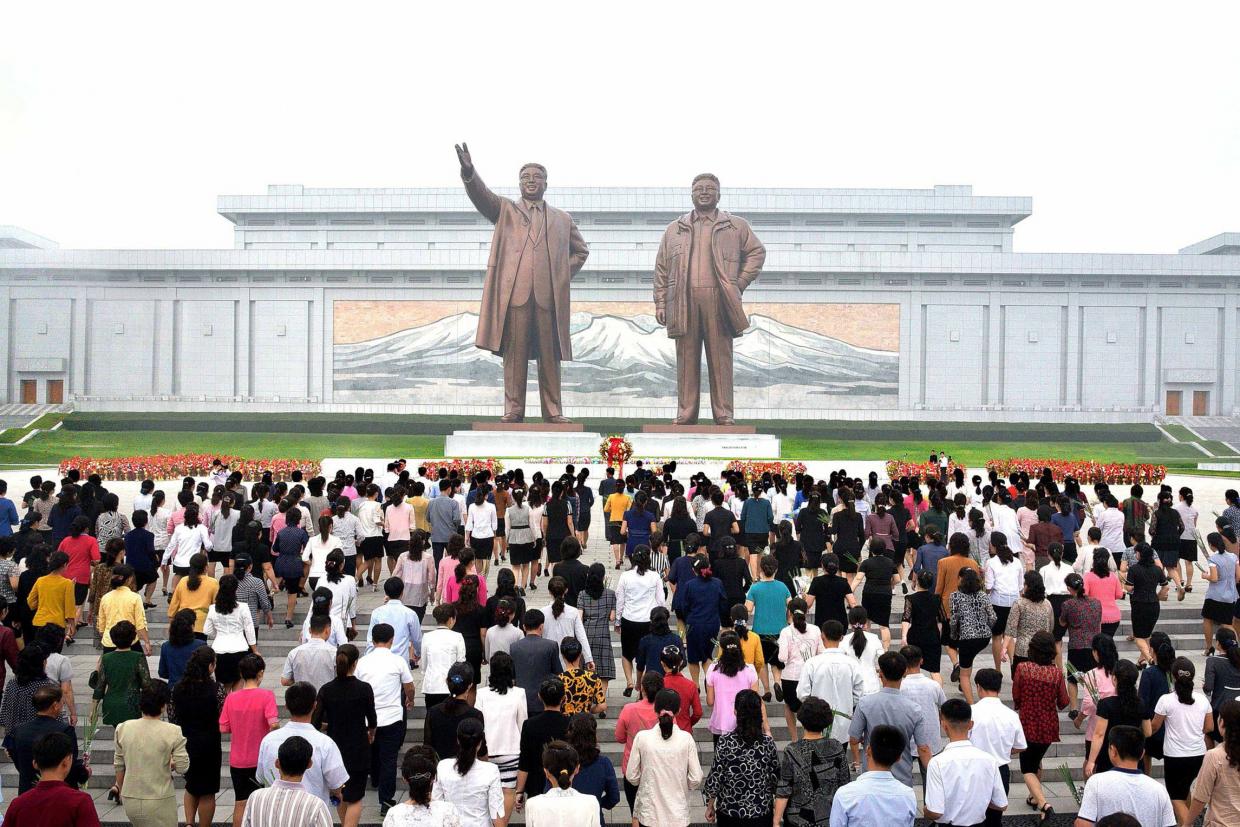By: Charlotte Volpe
Impunity Watch Reporter, Asia
THE HAUGE, Netherlands – The International Criminal Court stated that they will begin a preliminary investigation on the forced displacement of more than 700,000 Rohingya Muslims from Myanmar to Bangladesh. Led by ICC prosecutor Fatou Bensouda, the preliminary inquiry will examine evidence of the atrocities that the Myanmar military has committed against Rohingya Muslims in the Rakhine state of Myanmar since 2017. The military’s alleged atrocities include mass rape, murder, destruction of Rohingya villages, and deportation. These crimes have gone unacknowledged and unpunished by Myanmar’s national government.

Though Myanmar is not a member state of the ICC, Bensouda argues that the Court holds jurisdiction over the conflict because the Rohingya have fled to neighboring Bangladesh, which is a member of the Court. Thus, the crime of forced displacement has continued into Bangladesh, providing a means for the ICC to exert its authority over this aspect of the conflict in a member state. This move is an attempt to insert international oversight over a genocide that has been occurring with impunity in Myanmar. The international community continues to have limited ability to investigate Myanmar army’s crimes against the Rohingya in Rakhine because Myanmar has refused international humanitarian organizations entry to that particular region.
A preliminary investigation is not a formal investigation, however. It is the ICC’s means to determine whether there is sufficient reason implicating an aggressor party for crimes against humanity, thus validating a full investigation to proceed. If the Court finds enough evidence demonstrating the Myanmar military’s violation of human rights against the Rohingya, it can launch a full-fledged investigation. However, to do so it will require that the UN Security Council refer the case in Myanmar to the ICC’s jurisdiction. The divisive nature of the Council, as well as Russia and China’s economic and geopolitical interests in Myanmar, make a Security Council referral an unlikely feat.
Nonetheless, the ICC’s preliminary investigation is a first step towards circumventing Myanmar’s refusal to hold their own army accountable for ethnic genocide. This preliminary examination has the potential to demonstrate that the international community will exert the authority it can in seeking justice for the atrocities experienced by the Rohingya, the “world’s most persecuted minority.” The extent to which the ICC can exact justice, however, is yet to be determined.
For further information, please see:
The Straits Times – International Criminal Court opens preliminary probe into Myanmar crimes against Rohingya – 19 September 2018
International Criminal Court – Statement of ICC Prosecutor, Mrs Fatou Bensouda, on opening a Preliminary Examination concerning the alleged deportation of the Rohingya people from Myanmar to Bangladesh – 18 September 2018
DW – Rohingya genocide: Will Myanmar generals face ICC justice? – 11 September 2018
The New York Times – International Criminal Court Opens Door to a Rohingya Inquiry – 6 September 2018




